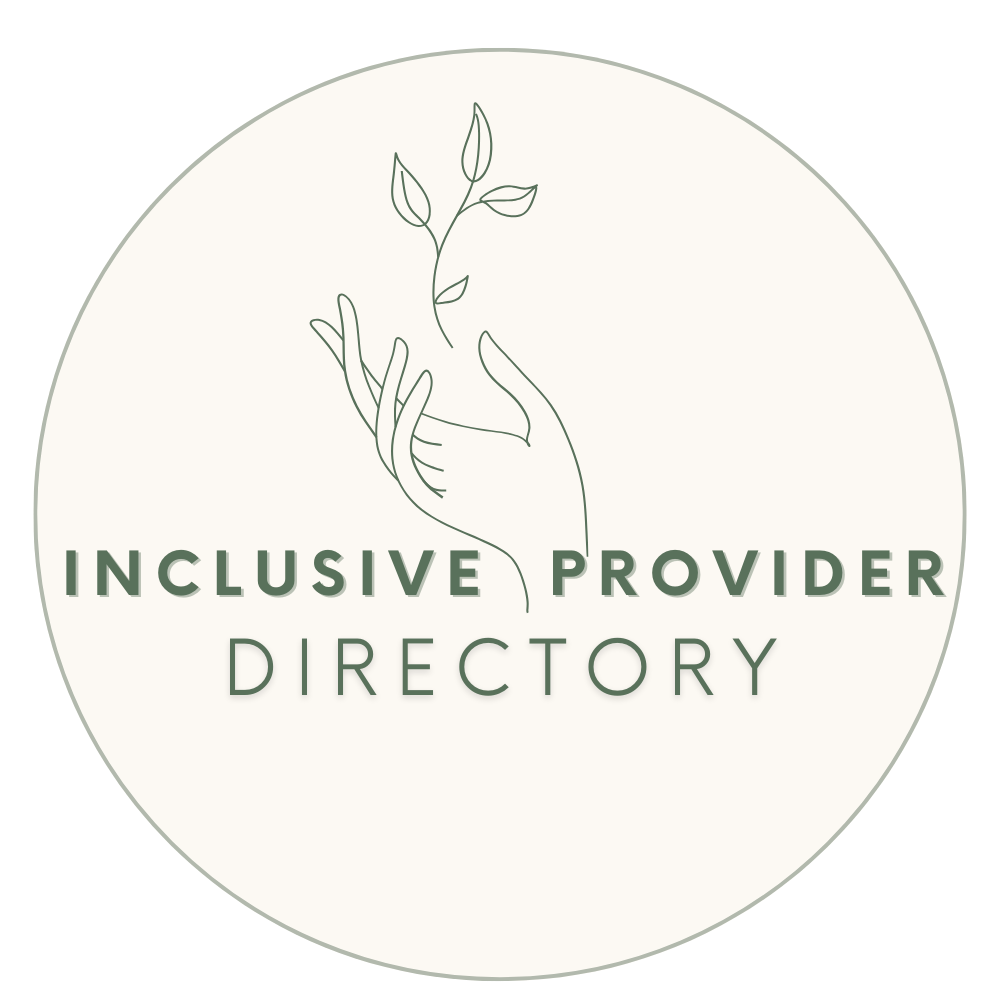Radical Family Building Includes Intergenerational Relationships
Intergenerational relationships have long been sacred in many cultures, offering wisdom, support, and a deep sense of belonging. But in today’s world, many families experience a painful disconnect from elders due to societal shifts, geographical distance, and even necessary boundaries. In Radical Family Building Includes Intergenerational Relationships, Dr. Suzanne Mungalez explores the grief and longing that come with this loss—and the power of chosen elders to restore connection.
Building a family isn’t just about those we are born into; it’s about those we intentionally welcome in. Read more on how embracing intergenerational bonds can enrich our lives and communities.
Parenting Without Shame: Sex-Positive Parenting
Discover the transformative approach of sex-positive parenting, which empowers caregivers to nurture bodily autonomy, emotional intelligence, and healthy relationships in children. This blog explores the importance of fostering open, shame-free communication about bodies, consent, and sexuality while addressing common barriers and actionable strategies for creating an inclusive and supportive environment. Featuring insights from Kai Dunn, a queer, non-binary therapist and parent, this article highlights the significance of unlearning shame, building trust, and equipping kids with tools for confidence and empowerment. Explore resources and connect with inclusive providers dedicated to supporting caregivers and families.
Postpartum Healing for Every Parent: How Acupuncture, Herbs, and Bodywork Can Support Your Journey
The postpartum period is a deeply transformative time for any parent. It’s a season of physical recovery, emotional adjustment, and navigating new roles, whether you are a birthing parent, a non-birthing partner, an adoptive parent, or a surrogate. While much of the focus is often on the newborn (and rightly so), it’s crucial to remember that parents need care too. That’s where the holistic support of East Asian medicine comes in.
Navigating the Perinatal Period as a Neurodivergent Mom
Let’s be real: being neurodivergent can be a superpower, but it’s also exhausting living in a world that wasn’t built for your brain. Now toss in pregnancy, birth, and the unpredictability of life with a new baby, and suddenly, your usual coping mechanisms don’t seem to work anymore.
Reproductive Rights and Mental Health: Why Choice is Essential
The overturning of Roe v. Wade exacerbates maternal health crises, as demonstrated by cases of preventable maternal deaths due to delayed care. Additionally, restrictive laws deter healthcare providers and limit life-saving medications like Misoprostol, compromising emergency care. Gustafson argues for nationwide access to reproductive healthcare, emphasizing its role in empowering women to pursue education, careers, and family planning on their terms. Access to reproductive rights, she contends, is not just about autonomy but also life-saving healthcare.
Tailored Stress Management for Caregivers: Finding Balance Amidst the Demands of Domestic Caregiving
Caregivers play a vital role in supporting the well-being of others, whether they're caring for young children, aging parents, or working professionally in caregiving fields like nursing. The emotional and physical demands of caregiving are significant and often lead to stress, anxiety, and burnout. Women, who are disproportionately responsible for caregiving roles, frequently experience unique stressors that require specialized management techniques. This blog explores personalized strategies such as mindfulness, time management, and cognitive reframing to help caregivers manage their stress. Additionally, it offers practical mantras that can provide mental relief in stressful moments, emphasizing the importance of recognizing the invaluable contributions of caregivers—whether financial or through the essential care they provide.
Choosing the Right Pre & Postnatal Personal Trainer: Key Qualities to Support Your Fitness Journey Through Motherhood
This blog will guide readers through the essential qualities to look for in a pre and postnatal personal trainer. It will cover the importance of specialized certifications, a holistic and inclusive approach to training, and the need for safety and customization in exercise plans. It will also highlight the specific knowledge areas that a qualified trainer should possess to support clients through pregnancy and postpartum recovery. This blog encourages readers to find the right trainer, using the Inclusive Provider Directory, who can provide effective and supportive guidance during this transformative life stage.
Pelvic Floor Physical Therapy: Why Comfort and Communication Matter for Your Pregnancy Journey and Beyond
Pregnancy is a transformative time, and it can sometimes bring physical challenges—especially for your pelvic floor. Whether you're navigating your first pregnancy or preparing for postpartum recovery, pelvic floor physical therapy (PT) can be a powerful tool to support your well-being. Yet, the idea of pelvic floor therapy can feel daunting for many. It’s normal to experience some initial discomfort or embarrassment, but finding a provider you trust and maintaining open communication can make all the difference in your therapy experience.
Friends in the Fertility Trenches: How to Find and Nurture Supportive Relationships
Navigating the journey of fertility can be an emotional rollercoaster filled with hope, uncertainty, and a mix of highs and lows. During this challenging time, having a network of supportive relationships can make a world of difference. Whether it’s leaning on your partner, finding friends who understand, or building a community that truly sees you, cultivating these connections can help you feel less alone and more empowered. Here’s how to find and nurture those relationships in a way that supports your well-being.
Interviewing Your Provider: Finding the Right Fit for Your Perinatal Journey
Selecting a provider to support you through the transformative stages of pregnancy, birth, and postpartum is one of the most crucial decisions you can make. Whether you’re seeking a therapist, doula, lactation consultant, or any other perinatal professional, finding someone who aligns with your values, needs, and vision is essential. This process can feel overwhelming, especially when you're already navigating the physical, emotional, and mental challenges of this time. That’s why it’s important to approach the search with intention, ensuring that your provider is the best fit for you and your family.
Here’s a guide to help you interview potential providers to determine if they’re the right match for your unique journey.










